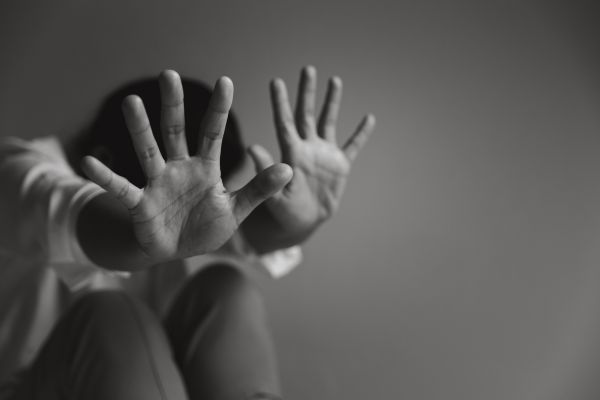Domestic abuse is a deeply painful and often hidden struggle that affects millions of individuals worldwide. Recognizing the signs and knowing how to get help for domestic abuse is a vital step toward safety, healing, and reclaiming your life. Whether you are experiencing abuse or know someone who is, understanding the available support options can empower you to take action.
Understanding Domestic Abuse and Its Impact
Domestic abuse is not limited to physical violence. It often includes emotional manipulation, verbal threats, financial control, and isolation from family and friends. The effects can be devastating, leaving victims feeling trapped, powerless, and fearful. Many people endure abuse in silence due to stigma, fear of retaliation, or a lack of awareness about available resources.
Acknowledging that you need help is not a sign of weakness; it is a courageous decision that can open the door to a safer and healthier future. Learning how to get help for domestic abuse is the first and most critical step in breaking free from the cycle of violence.
Recognizing When It’s Time to Seek Help
It can be challenging to identify abuse, especially when it is masked as love or concern. Patterns of control, threats, humiliation, or any behavior that instills fear are strong indicators of an abusive relationship. If you constantly feel anxious, unsafe, or unable to make decisions without fear of consequences, it is time to seek help.
Reaching out does not mean you must leave immediately. It means creating a plan and finding the support necessary to make choices safely and at your own pace.
Safe Ways to Reach Out for Support
Knowing how to get help for domestic abuse begins with identifying safe and confidential ways to seek assistance. Consider contacting trusted family members or friends who can provide emotional support and help you explore options. If speaking openly is unsafe, you can use discreet methods such as messaging a helpline or reaching out online from a secure device.
Many countries have dedicated domestic abuse hotlines and organizations that operate 24/7. These services offer trained professionals who can provide guidance, emotional support, and information on shelters or legal assistance. When reaching out, ensure that your phone or computer does not leave a trail that could put you at risk.
Exploring Legal and Protective Options
In many regions, victims of domestic abuse have access to legal protections such as restraining orders or protective orders. These legal tools can prevent an abuser from contacting or approaching you. Speaking to a lawyer or a domestic violence advocate can help you understand your rights and the legal steps available in your area.
Local law enforcement agencies are also trained to respond to domestic abuse cases. If you are in immediate danger, calling the police is often the fastest way to get protection and remove yourself from harm.
Accessing Shelters and Community Resources
For many victims, leaving an abusive environment may require finding temporary housing. Domestic violence shelters provide safe, confidential spaces where you and your children can stay while planning your next steps. These shelters often offer additional services such as counseling, legal aid, and support groups.
Community organizations may also provide financial assistance, childcare support, and job training programs to help you rebuild your independence. Researching these resources ahead of time, if possible, can give you a clearer sense of the help available.
Emotional Healing and Counseling Support
Escaping abuse is not only a physical journey but also an emotional one. Trauma from domestic abuse can leave deep psychological wounds, and professional counseling can play a critical role in recovery. Many organizations offer free or low-cost therapy services specifically for survivors.
Support groups, both online and in person, can also provide a sense of belonging and understanding. Sharing your story with others who have faced similar experiences may help you find strength and hope.
Supporting a Loved One in an Abusive Situation
If someone you know is experiencing domestic abuse, your support can make a significant difference. Encourage them gently to seek help without pressuring them to act before they are ready. Offer to research resources on their behalf or to be a safe contact if they decide to leave. Always prioritize their safety and respect their decisions throughout the process.
Moving Toward a Safer Future
Learning how to get help for domestic abuse is about more than survival—it’s about reclaiming your freedom and building a life free from fear. Though the journey can be daunting, countless individuals and organizations are ready to stand beside you.
No one deserves to live in fear or pain. By taking steps to seek help, you are choosing a future where you are valued, safe, and respected. Support is available, and you are not alone.

